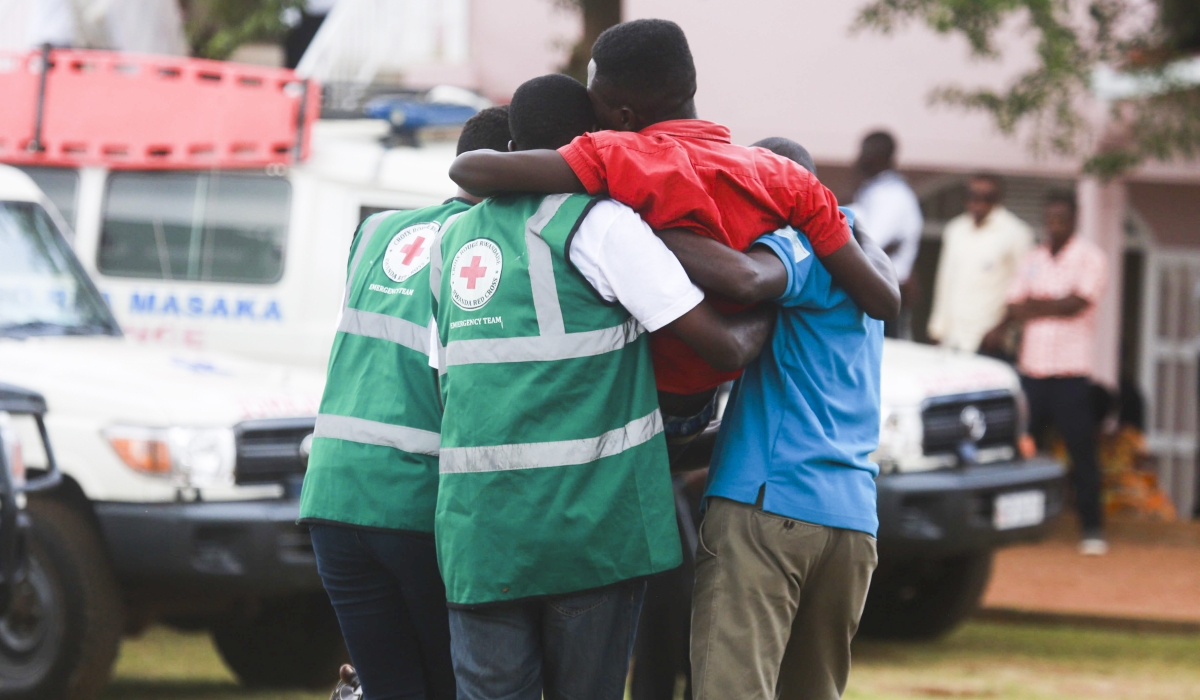According to a 2019 report by UNICEF, one in four young people experiences trauma related to war, genocide, or other difficult events they have lived through.
Using the example of the 1994 Genocide against the Tutsi in Rwanda, Kwibuka (the annual remembrance) serves as a path to cleanse what was broken, foster unity, pursue justice, and take measures to prevent future atrocities. At the same time, it often brings back painful memories.
During the 29th commemoration of the Genocide, Rwanda’s Ministry of Health reported that more than 2,100 individuals experienced psychological distress—manifested through crying, dizziness, emotional breakdowns, and other signs of trauma.
This issue is not unique to Rwanda. The Shoah Foundation found that students studying the history of the Holocaust were deeply affected by the subject matter.
Despite these realities, there are constructive ways to support young people during remembrance periods, with attention to their emotional well-being:
Encourage Them to Write About How They Feel
As years pass, adults have become more aware of how to recognize and support children’s emotions, especially when they are distressed, fearful, or uneasy.
When accompanying someone recalling a traumatic event, asking them to write about their feelings can be helpful. They may struggle to speak due to emotional strain but might still want to ask questions, express their pain, or release what they are carrying inside.
Remind Them of Their Strength
Telling someone to be strong is common, often because there seems to be no other option. However, reminding youth that they are resilient and capable can spark renewed energy and hope.
Truly Listen to Them
You cannot offer meaningful support without first understanding a person’s pain. Listening is more powerful than financial support. These children—traumatized by painful history, whether lived or inherited—need someone to hear them and offer comfort.
Offer Recreational Activities With Empowering Messages
Some youths remember losing their parents suddenly, facing poverty, or enduring life as refugees. These are heavy experiences.
Young people are naturally drawn to fun and connection. That is why life-skills education delivered through interactive and enjoyable activities helps them process their feelings more quickly and build resilience through shared experiences.


